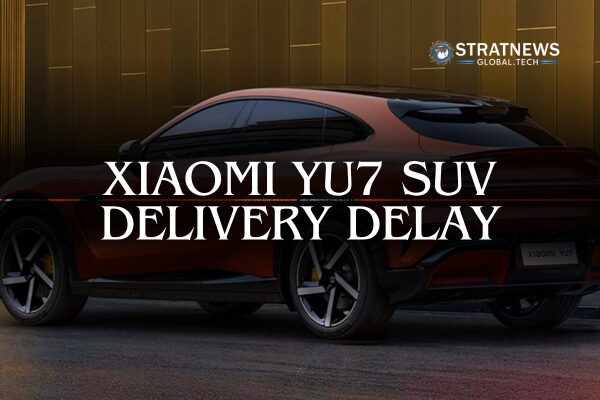High Demand Meets Long Wait Times
China’s Xiaomi is facing new complaints as customers learn they must wait over a year for their YU7 electric SUV. The company, once known for smartphones, received around 240,000 orders within 18 hours of the YU7’s launch. However, only a few cars were ready for immediate delivery, leaving many buyers frustrated.
By Tuesday, Xiaomi’s app showed a delivery wait of 38 to 60 weeks for the YU7. Many customers were unaware of this long wait before placing their orders, leading to disappointment and concern.
Complaints Grow Over Refunds and Tax Worries
Since Friday, more than 400 customers have filed complaints on Sina’s Black Cat platform. They claim the official app displayed the estimated delivery time only after they confirmed their orders. Buyers had to pay a non-refundable deposit of 5,000 yuan ($697.97), adding to their frustration.
Many buyers now worry they may lose a tax exemption for EVs, which is set to end this year, if the delivery is delayed. This concern has led some customers to demand refunds, arguing they were not informed properly before payment.
Xiaomi Aims to Compete With Tesla
Xiaomi has not issued a comment yet on the complaints. However, CEO Lei Jun, who has 26.8 million followers on Weibo, plans to address customer concerns in a livestream on Wednesday.
The YU7 is Xiaomi’s second EV model, priced from 253,500 yuan ($35,360). This is about 4% cheaper than Tesla’s Model Y, currently China’s top-selling SUV. Lei Jun has openly stated Xiaomi’s goal to challenge Tesla for market leadership.
Earlier, Xiaomi launched its SU7 sedan in March last year. While initial buyers faced up to seven months of waiting, the SU7 has outsold Tesla’s Model 3 in China each month since December. However, Xiaomi has faced challenges, including backlash from a fatal SU7 crash in March and confusion over delivery times and optional features.
Xiaomi is increasing its EV production at its Beijing plant to meet the high demand. Monthly output rose to 28,000 units in May, up from 4,000 units last March. The company also plans to build new factories on two nearby plots of land to expand its production capacity further.
with inputs from Reuters


